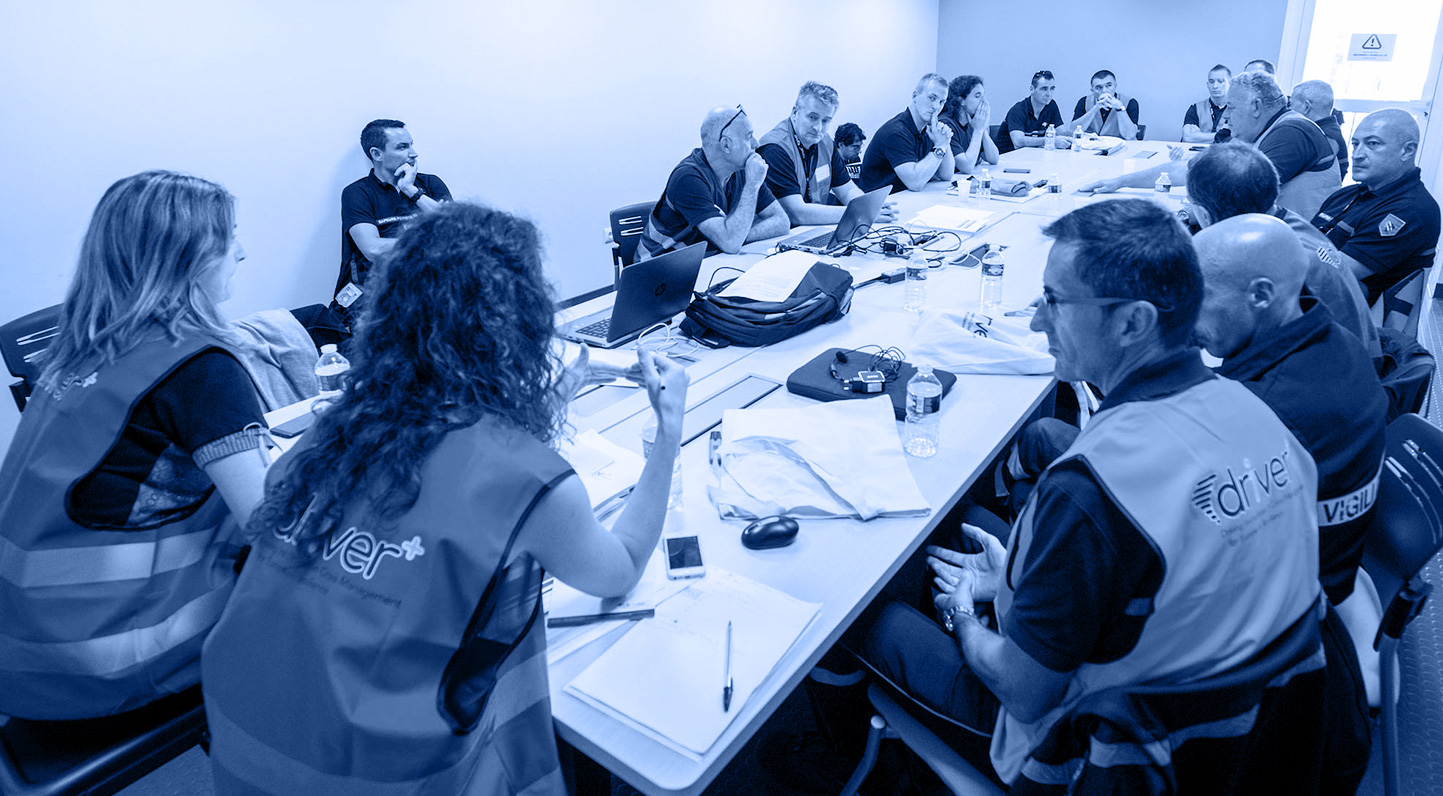in a proper way
trial owner
In a nutshell
What this step
is about
The evaluation approach of your trial depends on the data collection plan and deals with “making sense” of the data through different techniques.

In depth
All you need to know
about this step
Once you have decided on the type of data you need to answer your research question(s), you have to consider which techniques and tools will be used to analyse the set of data to be collected in your trial. The data collection plan is key here, as it gives you a clear indication of the evaluation approaches you have to consider. What are you planning to collect? Did you decide to collect data using only the test-bed technical infrastructure? Or did you also decide to engage in structured discussions with the participants of your trial to get further insights? The main question to decide on evaluation approaches is how are you going to make sense of the data?
It is not enough to know what data, what to do with it is also important. For example, if you are planning to ask specific questions based on KPIs, you will carry out a survey and you will use a rating scale to measure opinions (quantitative method). If you are looking for more in-depth information that can be better inferred through discussions, your evaluation should take into account more qualitative methods (focus groups) and appropriate techniques to analyse the data collected (qualitative data analysis software).
What is important at this stage is the “sense making”. While you still don’t have a precise idea of how the data will look like, you should start thinking of advantages and disadvantages of specific techniques and tools.

Methods
Brainstorming, quantitative analysis
techniques, qualitative analysis
techniques, innovation line, societal
impact assessment, research ethics
Tools
Input
Output
List of techniques and tools for evaluation
Checklist
- KPI’s & metrics formulated
- Targets per KPI & metric
- Match data with a specific evaluation approach
- Reality check: are the evaluation approaches feasible?
- To analyse and disseminate data or results can include various ethical and/or legal challenges; identify these, e.g. via external consultations, and document how they are followed up
